RobotLAB Blog
Everything You Need To Know About Robotics in Businesses
A quick guide to deep learning - what is it and how can it be useful?
By Jimmy Cantrell
The human brain contains millions of neurons that allow us to process vast amounts of information from multiple sources. Our senses feedback data from our experiences to our brains, which organizes the data into patterns to allow us to understand the world around us.
Deep learning is a subset of machine learning that uses algorithms built on neural networks modeled after the human brain. With multiple layers working together inside the computer, artificial neurons or ‘nodes’ use mathematical calculations to process data to solve complex problems, much like how our own brains do.
In this short guide, we explore how deep learning works in more detail and how it can be useful in our day-to-day lives.
- 0 Comments
- Mar 27, 2024 8:40:32 AM
- Posted by Natalia Galvis
- Topics: Artificial Intelligence, AI, AI LAB
Empowering the Next Generation: STEM Scholarships for Robotics Students
By Devin Partida
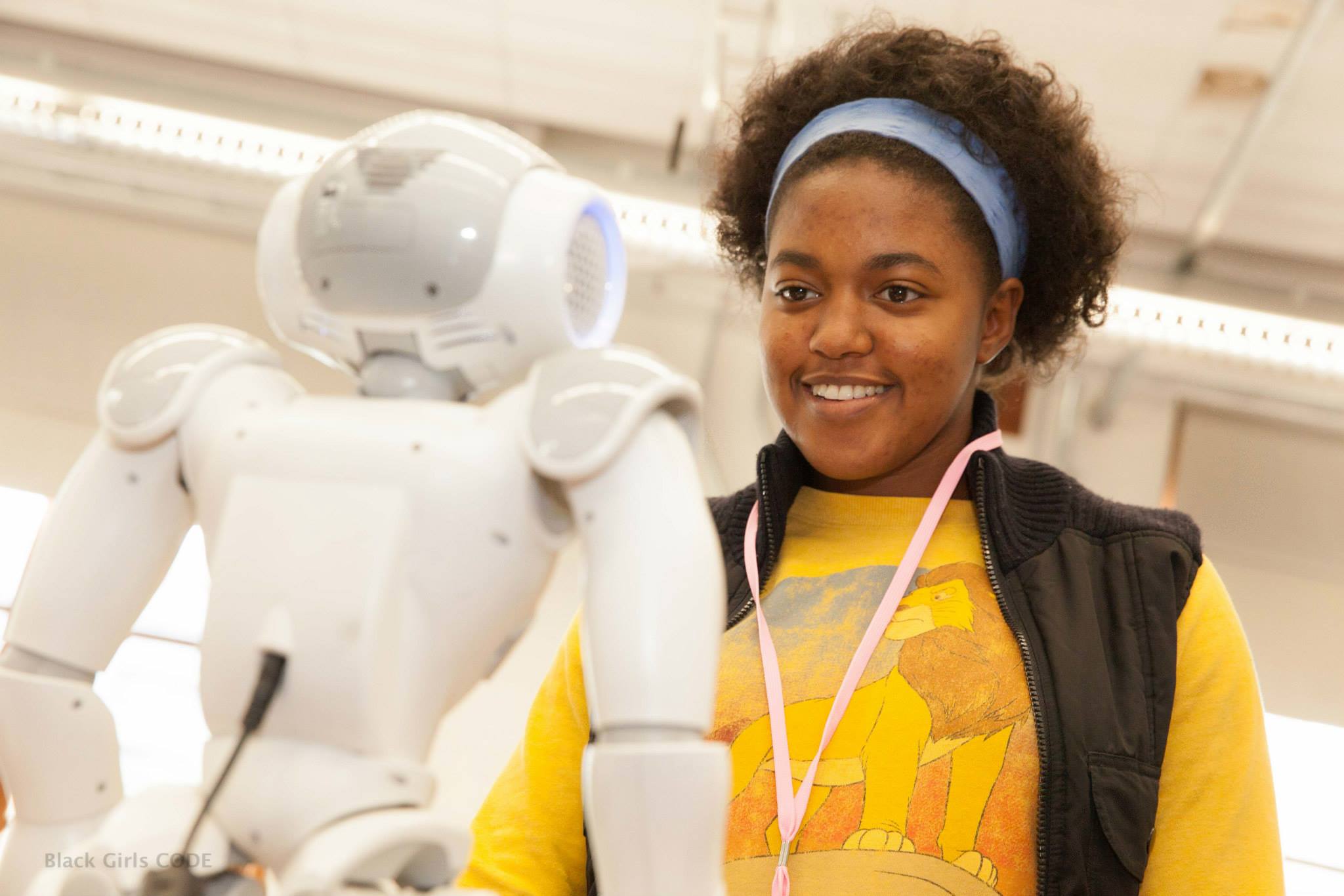
Scholarships advance STEM education, particularly in the field of robotics. These financial aids open doors for aspiring innovators, enabling them to pursue their dreams without the burden of financial constraints.
Educators stand at the forefront of this endeavor as invaluable mentors and guides. Their insight and encouragement help students navigate scholarship applications and impact their success. Their role extends beyond teaching — they inspire the next generation of robotics professionals, shaping the future of technology and innovation.
- 0 Comments
- Feb 12, 2024 6:50:24 PM
- Posted by Maria Alejandra Calcetero
- Topics: Artificial Intelligence, AI, AI LAB
Keynote Summary: The Future of AI in Education by Dan Fitzpatrick
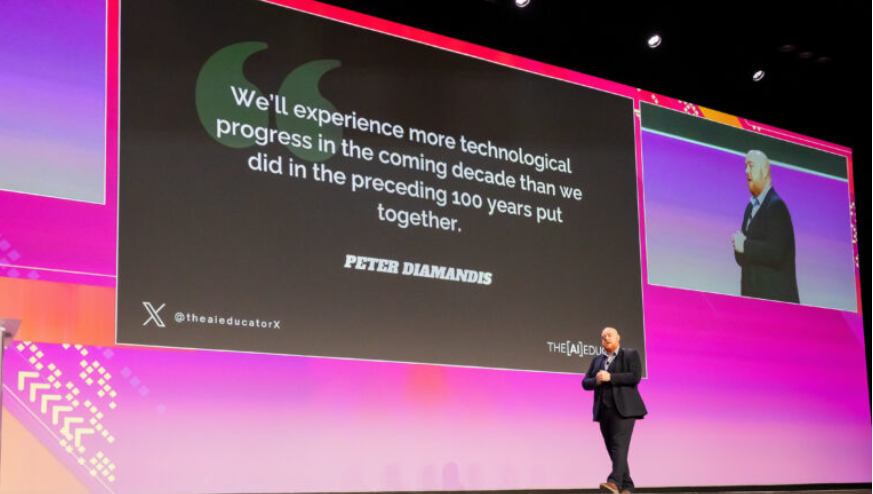
Dan Fitzpatrick delivered a keynote address on the future of AI in education, discussing its potential impact and challenges. Here's a summary of his insightful points:
- 0 Comments
- Feb 7, 2024 10:51:07 AM
- Posted by Maria Alejandra Calcetero
- Topics: Artificial Intelligence, AI, AI LAB
Financial Literacy for STEM Students: Why It Matters
By Devin Partida

Financial literacy is vital for STEM students, as it teaches them to handle money well for challenges like project funding in their careers. Such a skill empowers these learners to make wise decisions for long-term goals like buying a home or planning for retirement. Here’s why knowing how to manage money is so important in STEM.
- 0 Comments
- Jan 30, 2024 8:55:04 AM
- Posted by Maria Alejandra Calcetero
- Topics: EdTech, STEM, teachers, Coding, programming, Makerspace, Edchat, AI
Preparing the Next Generation of Welders for Robotics and Automation
By Ellie Gabel
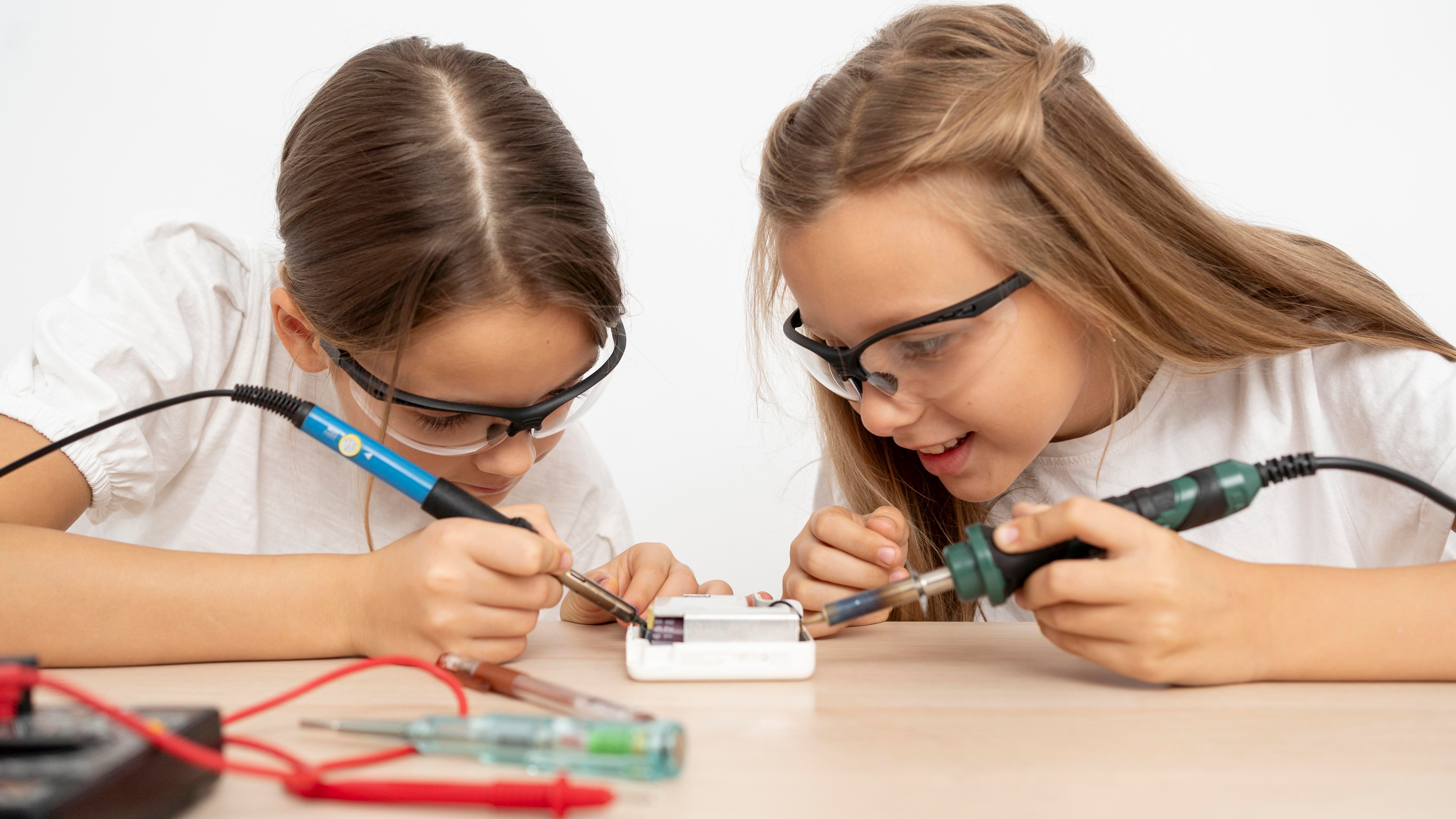
Welding remains a vital industry, crucial in everything from construction to manufacturing. It’s a field that has continually evolved, adapting to technological advancements. Recently, there’s been a significant shift towards incorporating robotics and automation in welding processes.
This shift is transforming the very nature of welding work. As a result, there’s an urgent need to prepare the next generation of welders. They must possess new skills and knowledge to excel in an environment where robotics and automation play a crucial role. This preparation maintains industry standards and ensures continuous innovation in this critical field.
- 0 Comments
- Jan 17, 2024 10:54:09 AM
- Posted by Maria Alejandra Calcetero
- Topics: EdTech, STEM, teachers, Coding, programming, Makerspace, Edchat, AI
The Robotic Future of STEM Education: A Look into Diverse Learning Approaches
By Katie Brenneman
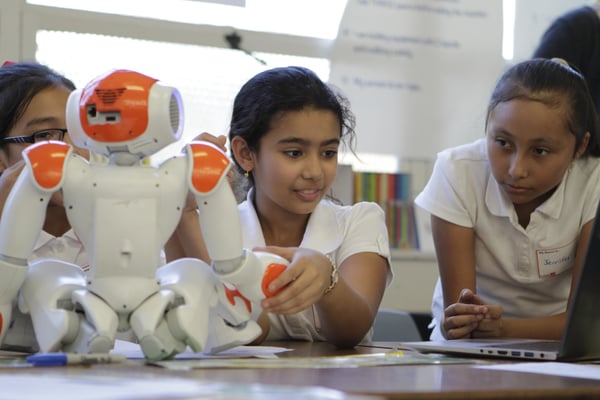
There’s little doubt that science, technology, engineering, and math (STEM) will continue to be a vital aspect of our society for the foreseeable future. Even many industries that aren’t obviously STEM-based are still driven by a range of tech tools. Our everyday lives are populated by ever more advanced hardware and software. It’s no wonder, then, that a solid STEM education is considered essential for today’s students.
Yet, one of the prevalent challenges of STEM education is boosting engagement among a more diverse student base. This vital collection of subjects is still not always inclusive to learners from different backgrounds. Fortunately, robotics can be a powerful tool here. It’s a fascinating and engaging subject while also holding enormous potential for driving, supporting, and encouraging diverse STEM learning practices.
- 0 Comments
- Jan 11, 2024 11:06:06 AM
- Posted by Maria Alejandra Calcetero
- Topics: Math, EdTech, STEM, teachers, Coding, programming, Edchat, AI
Using AI to Encourage Productive Struggle in Math
By Vicki Davis
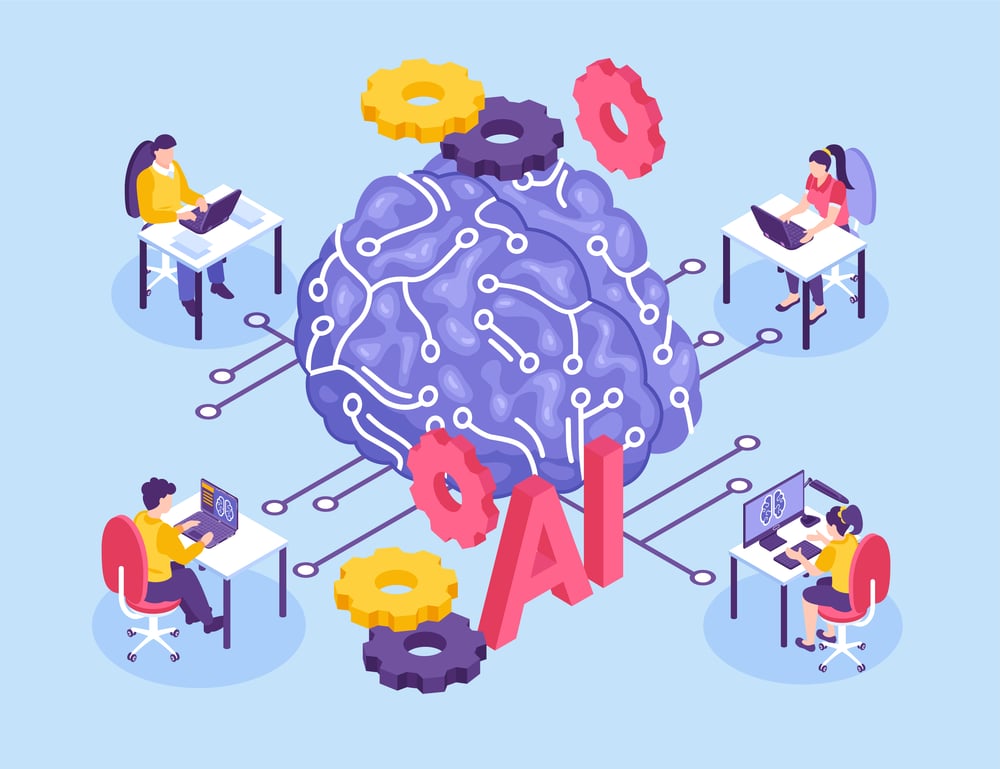 Image by macrovector on Freepik
Image by macrovector on Freepik
Students ‘don’t need an answer, they need help with the process,’ and combining ChatGPT with Wolfram Alpha is one way to guide them through it.
- 0 Comments
- Jan 4, 2024 7:54:03 AM
- Posted by Maria Alejandra Calcetero
- Topics: Math, EdTech, STEM, teachers, Coding, programming, Edchat, AI
Generative AI Is Changing Computer Science Education For The Better
By Carla Jose
Image Source: Pexels
The intersection of artificial intelligence and education has given rise to a range of fascinating transformations. One key player in this revolution is generative AI, a technology that's making its mark on computer science in an especially meaningful way.
For starters, it dovetails impeccably with teaching complex coding processes, and can turn algorithmic mysteries into digestible concepts that even beginners can understand. Better yet, it makes classroom sessions and lectures highly interactive and engaging by generating dynamic examples customized for each student's preferences or ability level.
Ultimately, these novel methods made possible by generative AI can better prepare learners for future challenges awaiting them in the ever-evolving tech industry. So let’s look at the ins and outs of this in more detail to discover just how much of a game-changer the right AI tools and techniques can be when it comes to molding young minds.
- 0 Comments
- Oct 6, 2023 3:58:57 PM
Empowering Future STEM Innovators: Cultivating Interest and Inclusivity
By Katie Brenneman
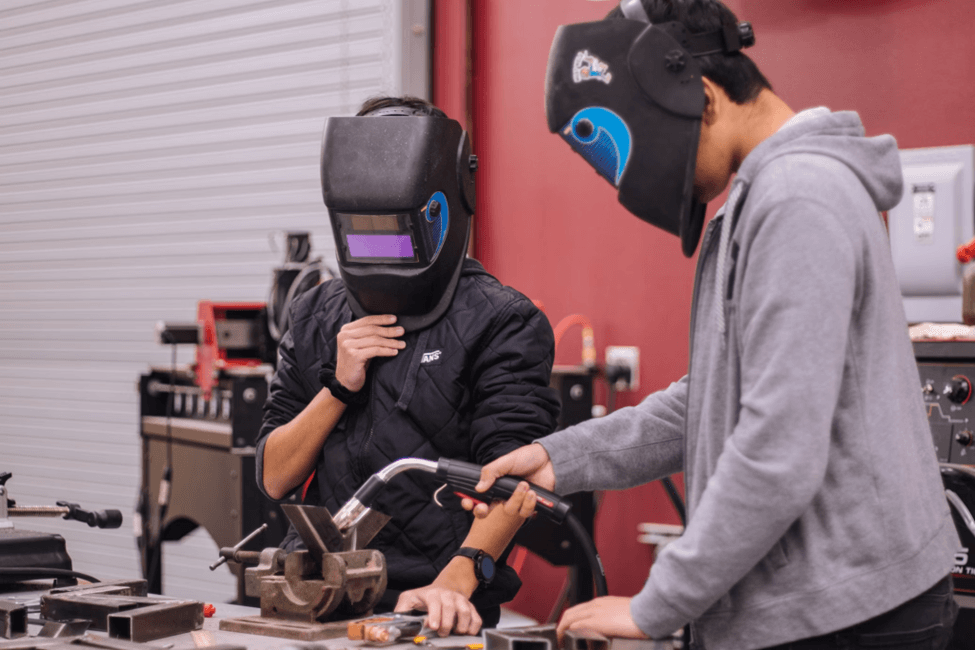
A robust STEM education is key to student success in the digital age. A strong grasp of science, technology, engineering, and mathematics ensures that the pupils of today have the skills they need to find personal and professional success in the future.
However, many students find STEM classes dull and unengaging. This is largely due to misconceptions about the purpose of STEM classes and outdated lesson plans that fail to capture the student’s imagination.
Unfortunately, social inequalities exacerbate disinterest in STEM fields. Black and Hispanic folks are underrepresented in the STEM industry and women in STEM only earn 77% of the average salary that a man in STEM receives. These inequalities push some students away from STEM and must be addressed by teachers who want to cultivate interest and inclusivity in the classroom.
- 0 Comments
- Sep 14, 2023 5:14:24 PM
Preparing for an Electric Future With STEM Education
By Ellie Gabel
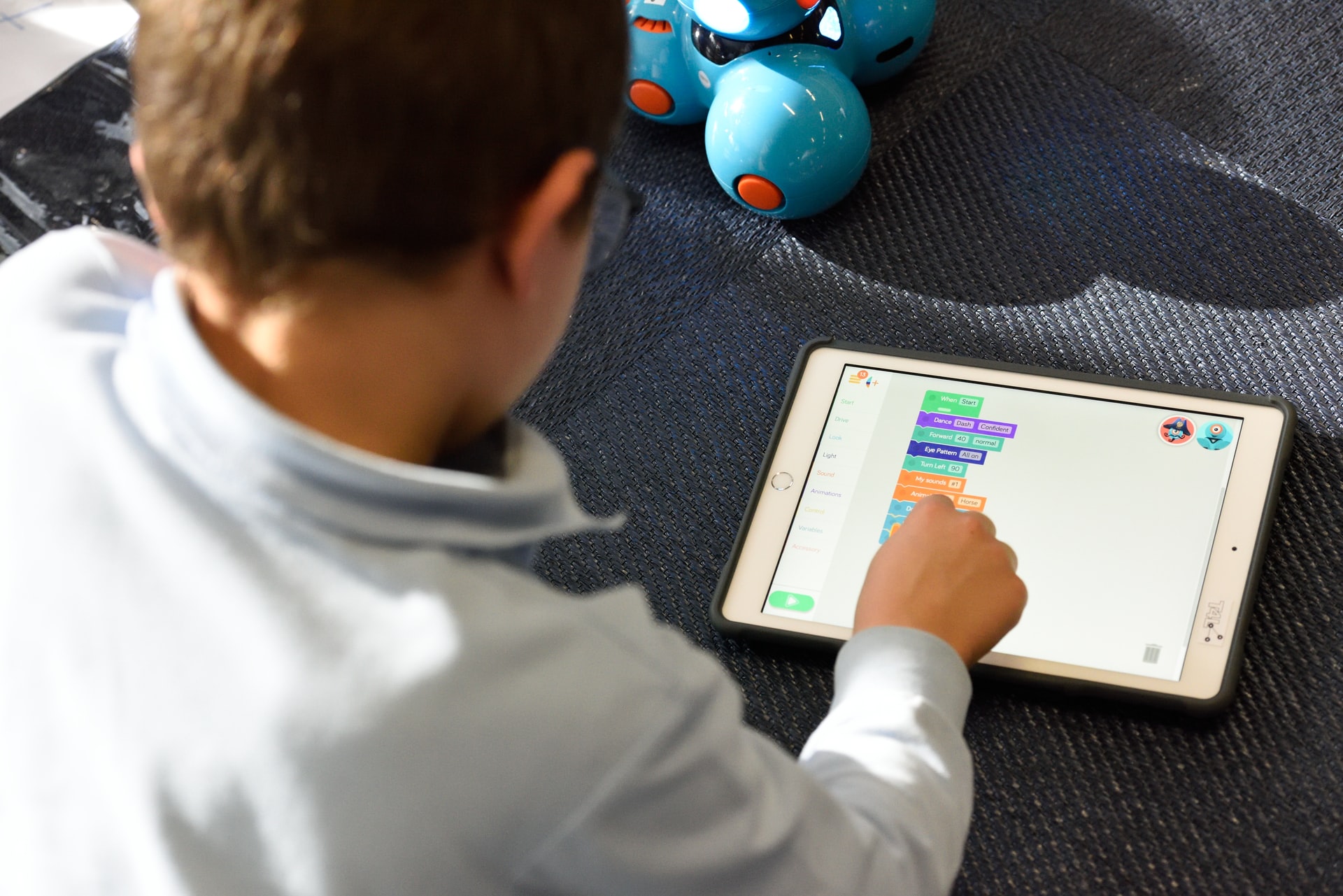 Photo by : Unsplash
Photo by : Unsplash
STEM education is critical for the long-term success of electric vehicles and clean energy. These industries remain relatively new to educators and students alike. Expanding coverage of electrification technologies will ensure the next generation has the knowledge and skills they need to contribute to positive, long-term growth in sustainability initiatives.
- 0 Comments
- Sep 14, 2023 3:02:57 PM
Relevant Posts
- Augmented Reality: A Tool for Teaching Students Robot Programming
- Fostering Innovation Through Youth Education in STEM and EdTech
- How Parents Can Foster STEM Learning Beyond the Classroom
- How Robotics Cultivates a Deep Understanding of Mathematics in Students
- RobotLAB Receives EDTech Chronicle 2023 ‘BESTIE’ Award for Landmark Partnership with American Samoa Dept. of Education.
Subscribe to Email Updates
-
I Want To Learn MoreADDITIONAL INFORMATION

